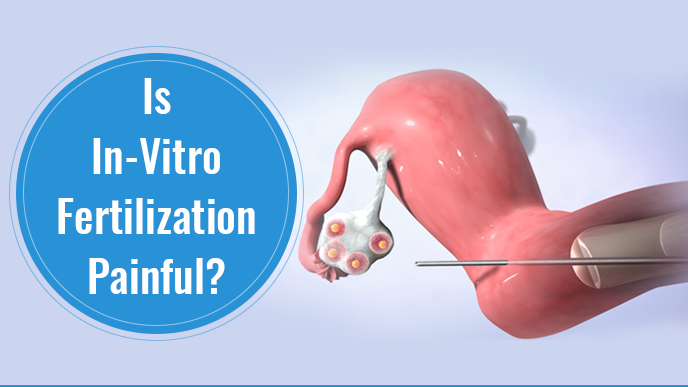For many infertile couples, the dream of becoming parents is now more achievable thanks to the advancements in assisted reproductive technology. In vitro fertilization (IVF) has been at the forefront of fertility treatments for decades, and as we step into 2024, the procedure has seen significant improvements that increase its success rates. Let’s explore the latest trends and innovations in fertility treatments that are shaping IVF in 2024.
Artificial Intelligence Revolutionizing the IVF Process
Artificial intelligence (AI) has made a profound impact on the IVF process, allowing for more precise and personalized treatment. AI-powered tools analyze large amounts of data, such as medical history, hormone levels, and genetic information, helping fertility specialists tailor treatments to individual needs.
One of the most significant applications of AI in IVF is in the embryo selection process. AI algorithms can predict the genetic viability of embryos, analyzing multiple images to determine which embryos have the highest chance of successful implantation. This technology enhances the decision-making process for specialists, reducing the chances of unsuccessful IVF cycles.
AI also improves semen analysis by accurately evaluating sperm motility and morphology, eliminating human error and reducing manual efforts. Additionally, AI tools monitor hormone levels in real time, allowing specialists to adjust medication dosages more precisely and track embryo development, ultimately leading to higher success rates.
Laser-Assisted Hatching
Laser-assisted hatching is a cutting-edge technique used in conjunction with IVF to increase the likelihood of embryo implantation. The procedure involves creating a small crack in the outer layer of the embryo before it is transferred to the uterus, making implantation easier. This advanced technique has been shown to enhance the success of IVF cycles, particularly in cases where traditional methods have failed.
Pre-implantation Genetic Testing and Embryo Monitoring
Another major innovation is the use of pre-implantation genetic testing (PGT) to screen embryos for genetic disorders before implantation. AI is again instrumental here, as it performs comprehensive genetic analysis, reducing the risk of transmitting genetic conditions to the child. Continuous embryo monitoring through time-lapse imaging technology allows embryologists to select the healthiest embryo for transfer, reducing the chances of implantation failure.
Non-Invasive Prenatal Testing (NIPT)
A non-invasive prenatal test (NIPT) has become an essential tool for ensuring a successful pregnancy. This simple blood test, done during the first trimester, screens for chromosomal abnormalities such as Down syndrome and other genetic conditions. As a non-invasive procedure, NIPT is safe for both the mother and baby, providing peace of mind during early pregnancy.
Stem Cell Therapy for Improved Fertility
Stem cell therapy has emerged as a promising solution for couples struggling with infertility. In IVF, stem cells can be used to improve the health of embryos and sperm, increasing the chances of conception. By harvesting and repairing stem cells, doctors can enhance the success of IVF treatments, offering new hope to couples facing reproductive challenges.
Cryopreservation: Preserving Fertility for the Future
Cryopreservation allows couples to freeze embryos for future use. This technique is especially valuable for individuals facing fertility barriers due to age, medical conditions, or lifestyle choices such as pursuing advanced education or career goals. Cryopreservation provides flexibility and increases the chances of a successful pregnancy later in life.
Conclusion
The field of In vitro fertilization has seen remarkable advancements, driven by technologies such as AI, laser-assisted hatching, genetic testing, and stem cell therapy. These innovations offer new hope for couples struggling with infertility, providing them with more personalized, accurate, and successful treatments. As we move further into 2024, IVF continues to redefine fertility care, offering a brighter future for hopeful parents worldwide.
